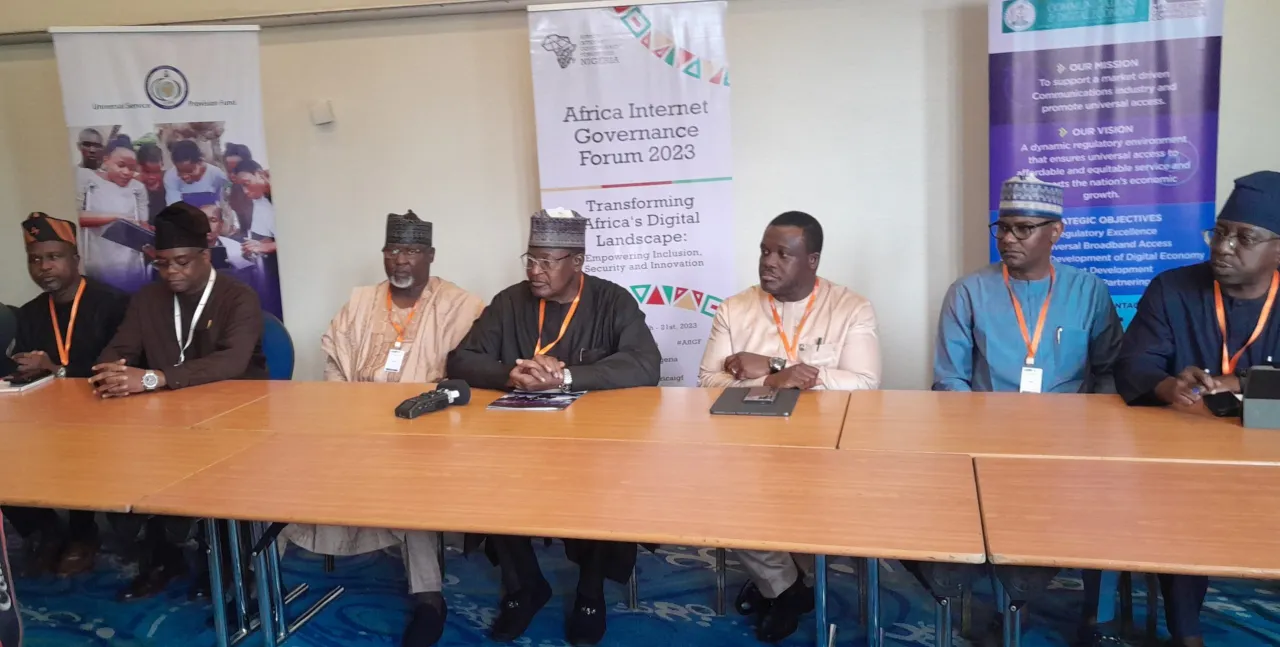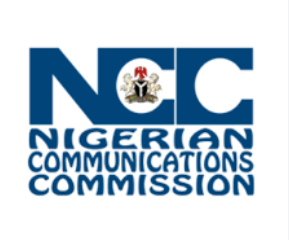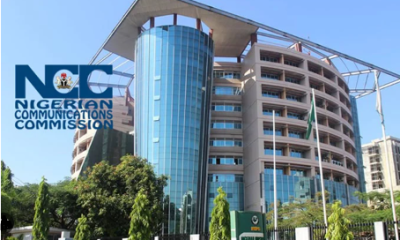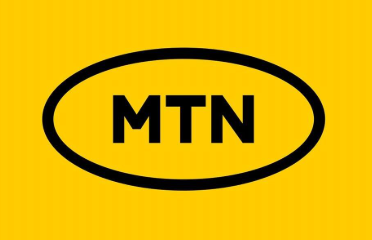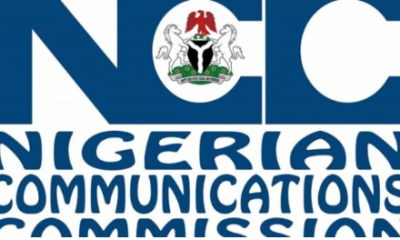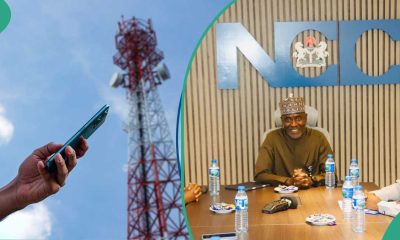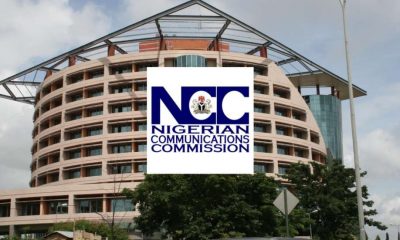The Nigerian Communications Commission (NCC), says before mobile money penetration, Nigeria’s financial inclusion was 1%, but now it has risen to about 70% after the Central Bank of Nigeria (CBN) gave licences to four network operators to operate as Payment Service Bank (PSB).
Executive Vice Chairman of NCC, Prof Garba Danbatta disclosed this on the day two of the ongoing Parliamentarian Africa Internet Governance Forum hosted by NCC in Abuja with the theme: “Transforming Africa’s Digital Landscape: Empowering Inclusion, Security and Innovation,”
The EVC noted that in Nigeria today, the financial inclusion strategy of the government is telco-driven, saying that it is why it is being referred to as the digital financial inclusion strategy of the government.
READ ALSO: NCC opens applications for 2023 Talent Hunt Research through Hackathon
According to him, the idea behind leveraging the telecommunications infrastructure strategy is because of the pervasive nature of telecommunications infrastructure.
Danbatta reminded me that the famous Unsupplementary Structured Service Data (USSD) which is driving transactions in the banking sector today was made available by NCC.
“So gone are the days when many of us walk into banks to do transactions, stressing that these are being driven by this USSD code and nowadays Nigerians do transfer without having to go to the banking halls to fill tellers which used to be the way we are doing it before.
He further stated that as a Commission, NCC has a number of initiatives driving the national system of innovation. He reminded that NCC empowers Nigerians – younger ones, the one in middle age as well as matured Nigerians outside these brackets to innovate by providing Interventions of computer systems and mifi.
This important intervention, he said, was provided in all the six geopolitical zones of the country, adding that it is a continuous exercise and intervention.
READ ALSO: NCC alerts Nigerians on increase in electronic fraud on telecom platforms
About the enhanced security of the cyberspace, the EVC who said though he is not speaking for the federal government, said in addition to the Nigerian Computer Incident Response Team (NCERT) domiciled in the office of the National Security Adviser (NSA), to protect the Nigerian cyberspace NCC also have what is called Sectorial Sat.
For NCC, the one we have is the Nigerian Computer Emergency Response Team (NCERT) which daily provides advisory on how telecommunication companies can take measures to protect themselves from malicious attack within cyberspace. We even grade the nature of attack to be malicious, light, heavy etc, he added.
Earlier in his welcome address, the Minister of Communication and Digital Economy, Dr. Bosun Tijani who addressed the Forum virtually charged the parliamentarians to bridge the digital divides, enhance cybersecurity, ensure digital rights and foster innovation.
Tijani who said the parliamentarians have the golden opportunity to mold the reality of internet not just as passive consumers but of active contributors, innovators and guidance, however reminded that these potential comes with great responsibility, adding that it is our collective duty to ensure that the Internet remains open, safe and beneficial for all.
He encouraged all the stakeholders to prioritize collaborative approaches to creating policies and strategies that will shape the future of the Internet in Africa, the future that will reflect our shared values, aspirations and of course, our diversity.

 Latest5 days ago
Latest5 days ago
 Latest7 days ago
Latest7 days ago
 News4 days ago
News4 days ago
 Energy1 week ago
Energy1 week ago
 Comments and Issues1 week ago
Comments and Issues1 week ago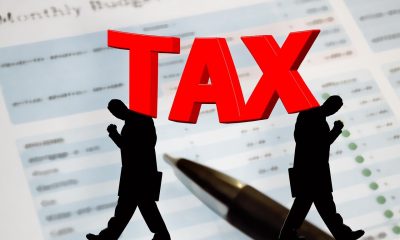
 Business1 week ago
Business1 week ago
 Business1 week ago
Business1 week ago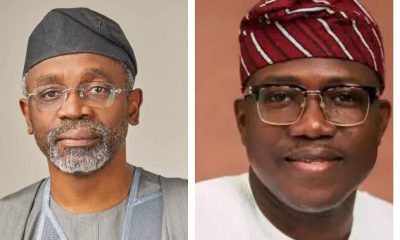
 Latest5 days ago
Latest5 days ago
